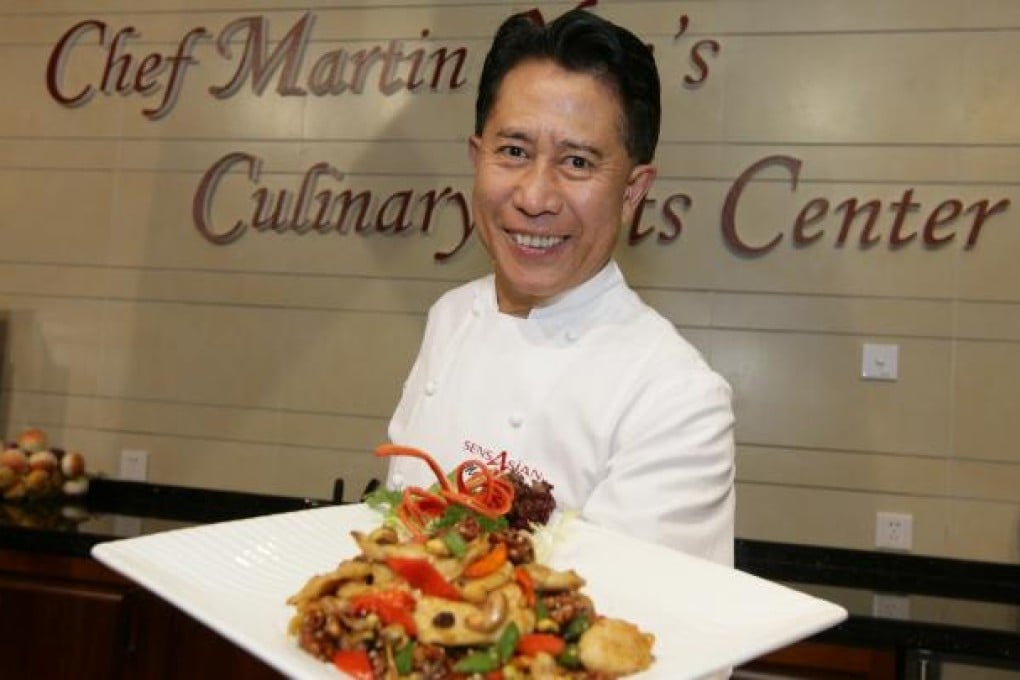Wealth Blog | Yan can and has done it
As a success story television chef Martin Yan is one of the more inspirational. Raised in a Guangdong village, his father died when he was five, and his mother did not get the chance to be educated, so the fledgling chef, who started cooking at 13, had to make his own way in the world via Hong Kong and later California, where he now lives, on a half-acre plot, complete with herb garden.

As a success story television chef Martin Yan is one of the more inspirational. Raised in a Guangdong village, his father died when he was five, and his mother did not get the chance to be educated, so the fledgling chef, who started cooking at 13, had to make his own way in the world via Hong Kong and later California, where he now lives, on a half-acre plot, complete with herb garden. “And no, I don’t eat dogs, I have a dog,” he says.
Now firmly established as the chef who put Chinese cooking on television and made it fun, with his kung fu knife swirling antics, he says, "When I started there were no television chefs, now there are thousands." He was visiting Hong Kong’s Tung Chun soy sauce and food manufacturers on Saturday.
He loves Hong Kong, and says we still have the world’s best Chinese restaurants. One of the first things to happen to him during his visit was a random cold call from Citibank’s tele-marketing folks. Just how do they expect to get business when they do something so annoying? “They should only call people who have money,” joked Yan, and continued with tales of his new San Francisco restaurant, opening soon in Union Square, and how the World Bank flies him across the globe for a day to entertain conference delegates’ wives and spouses with a cooking demo. “Now they have lots of money, “he said. Good for him, but interesting how they choose to spend all that loot.
Made in Hong Kong – now the Gold Standard
Remember not so many years ago when “Made in Hong Kong was synonymous with cheap and tacky? Well not any more. Yan says that in the US a “Made in Hong Kong” label is now seen as the gold standard, especially for Chinese food and food products. Hong Kong’s glowing reputation for excellence has spread far and wide in recent years, he said, adding that people in the US always ask if Chinese food and food products come from Hong Kong or China. If it’s China, they won’t touch it, he said, but if the origin is Hong Kong, they are very happy. The irony of this of course, is that, apart from a handful of homegrown companies like Tung Chun, few true Hong Kong brands survive and very little is actually manufactured here any more. Yan, on the other hand, has no worries about his brand. Crowds of Mongkok shoppers had no trouble recognising him from across the street.
